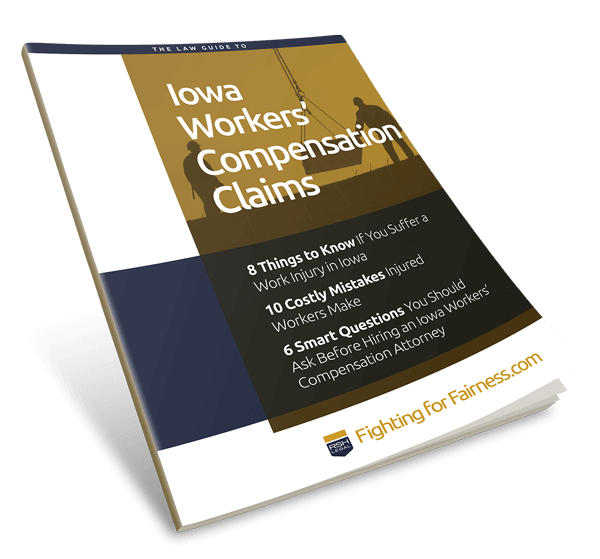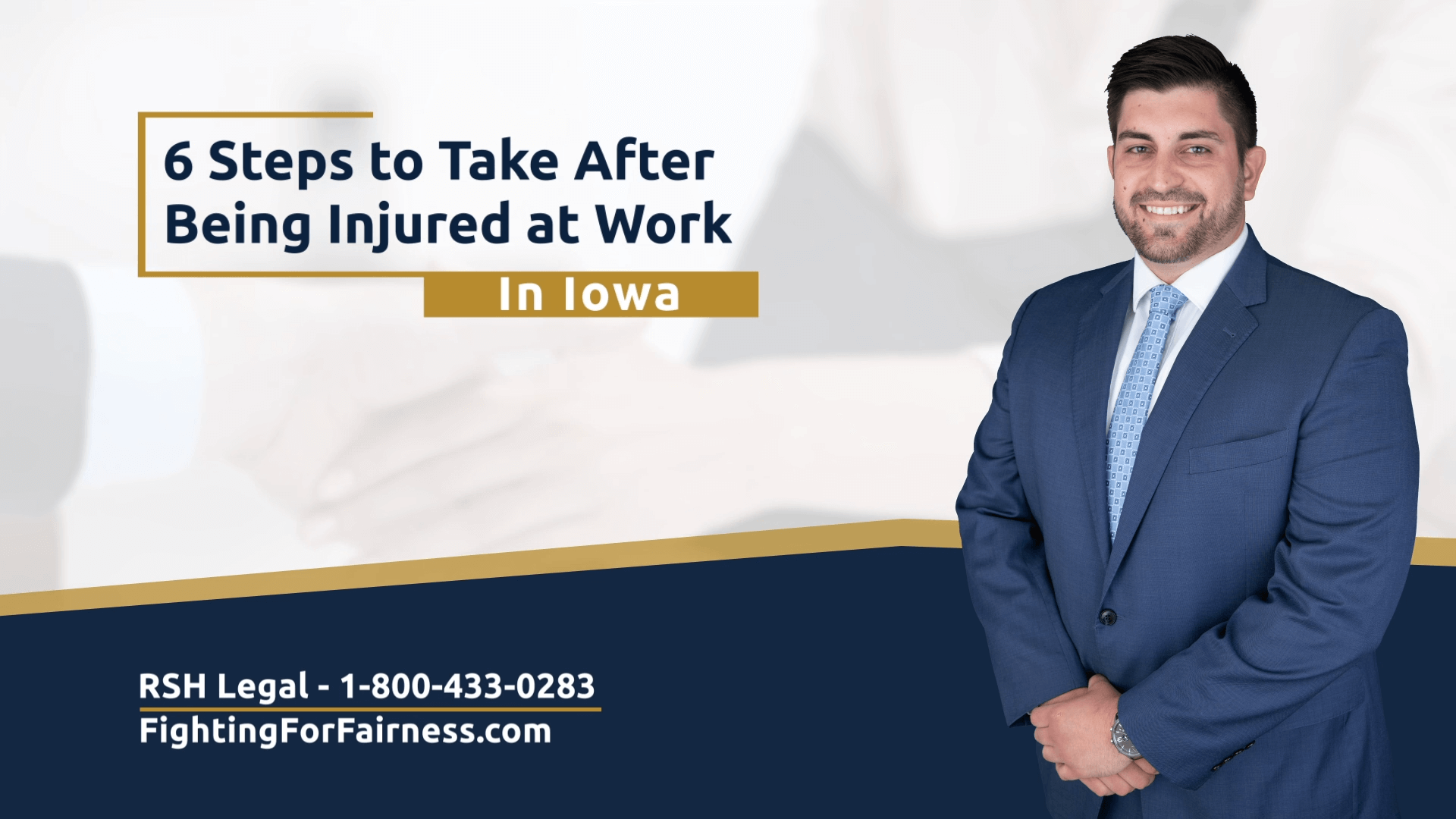
Attention! Iowa’s Workers’ Compensation laws changed July 1, 2017. This article’s information may be out of date. Visit our Workers’ Compensation Page for more information.
We are used to thinking of nurses as the people who take care of the injured. However, nurses can be injured on the job themselves. Because your profession requires lifting and moving patients, nurses commonly suffer work-related injuries. That is why it is important for nurses of all types to understand their rights in the Iowa workers’ compensation system.
Common Nursing Injuries – Strains, Sprains, and Tears
Nurses can be injured on the job in a variety of ways, but some of the most common injuries are:
- Back strains/sprains
- Joint injuries
- Herniated discs
- Torn rotator cuffs
- Slip and fall injuries
According to npr.org, American nurses suffer over 35,000 work injuries each year, causing them to miss work, lose income, and pile up medical bills. Work injuries are also common for American nursing assistants – who suffer 22,000 injuries a year, according to U.S. Department of Labor statistics.
Lifting Patients is the Primary Cause for Injury
The primary cause for work injuries for nurses is lifting or moving patients. Even when nurses use proper lifting technique – with back straight and knees bent – injuries can still occur. The perfect lifting posture makes no difference when a nurse is required to lift more than his or her body can handle. It is important to realize that a nurse has a valid Iowa workers’ compensation claim after a work-related lifting injury, even if he or she does not use proper lifting technique. If a nurse gets hurt while moving a patient, the employer should be informed as soon as possible. Failing to do so could prevent a nurse from qualifying for Iowa workers’ compensation benefits.
Lifting injuries are common for nurses because often nurses are frequently not given the tools to prevent these injuries. Ceiling hoists and lifts are still rare within some hospitals and other healthcare settings. This means transferring patients from their beds to a wheelchair or gurney can be difficult and potentially dangerous for the nurse. If a nurse in Iowa experiences pain or discomfort after a lift that is severe enough to cause absence from work for more than three days, the nurse is probably entitled to Iowa workers’ compensation benefits.
Repetitive Injuries Qualify Too
A workers’ compensation claim can apply to either acute or repetitive injuries. That means a nurse does not need to suffer a traumatic injury in order to qualify for Iowa workers’ compensation benefits. If the repetitive stress of regular nursing duties progressively leads to chronic pain and disability, a workers’ compensation claim should be considered. To find out whether your work-related injury qualifies for benefits, you should speak to an experienced Iowa workers’ compensation attorney. They can help you determine what your next steps should be.
You Cannot Legally Be Fired for Filing a Workers’ Comp Claim
Many nurses are afraid to tell their employer about work-related injuries because they believe they will be fired. In Iowa, an employee cannot be legally fired for filing a workers’ comp claim. If you are being harassed or mistreated by your employer after a work-related injury, consult a knowledgeable Iowa workers’ compensation attorney. They can tell you how to handle this type of mistreatment.
Every year, hundreds of nurses in Iowa are hurt on the job and are entitled to workers’ compensation benefits for their injuries. If you have questions about whether you qualify for benefits, you can get free answers and expert advice by calling 1-319-519-4193.




